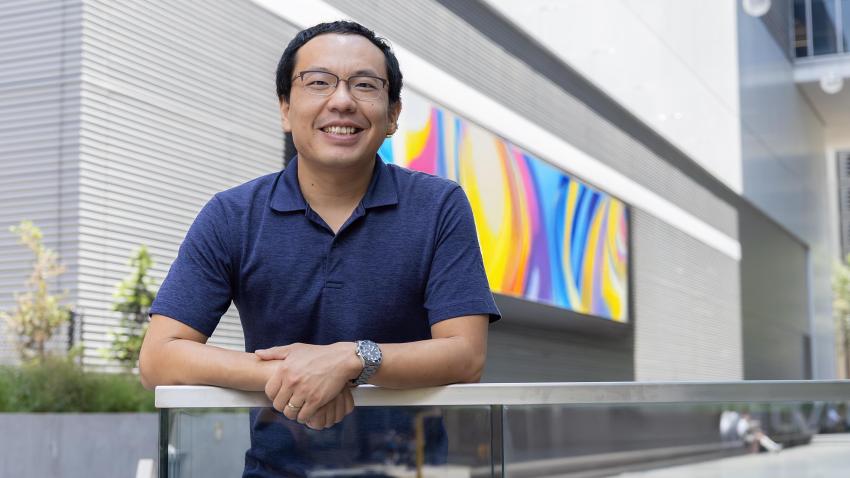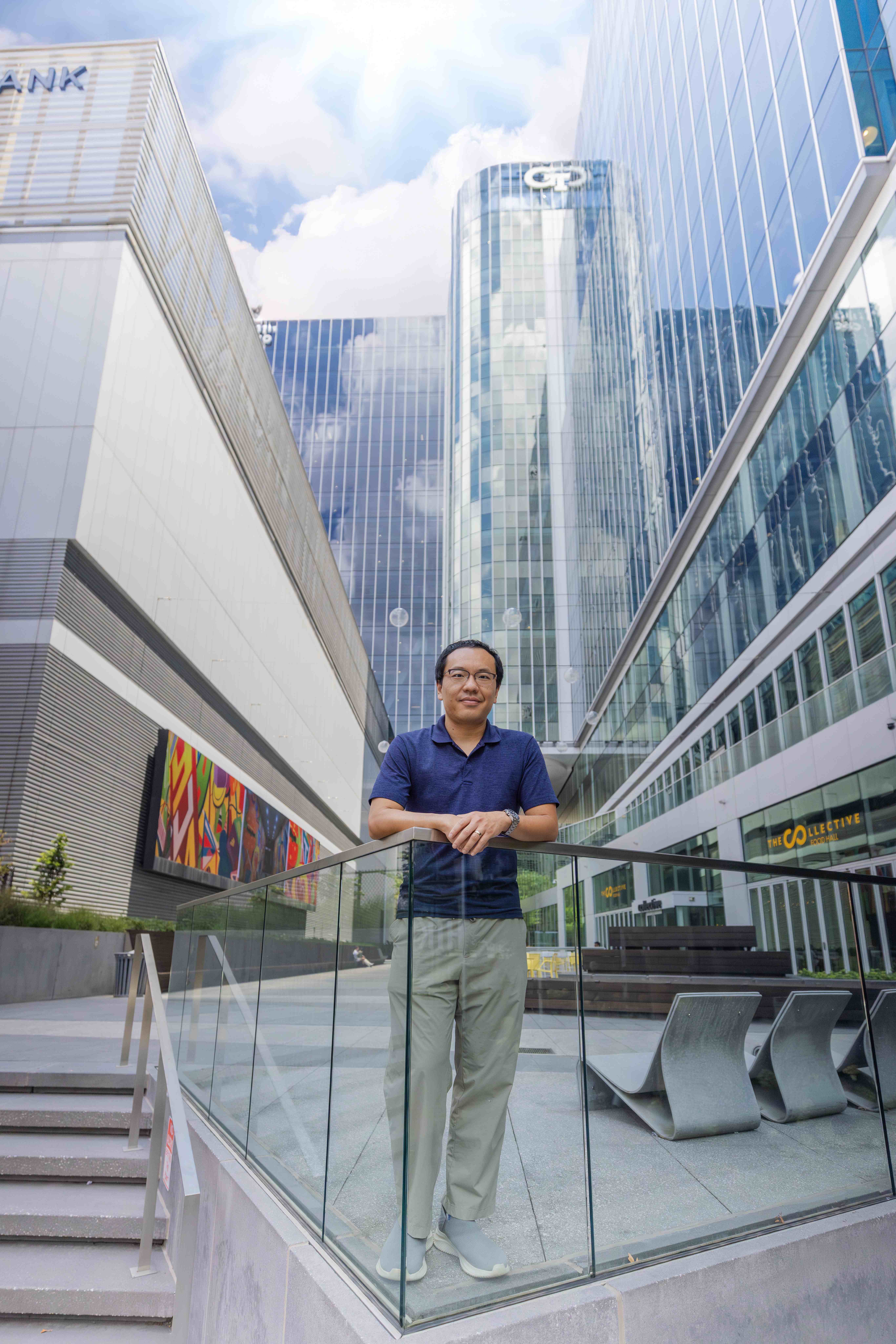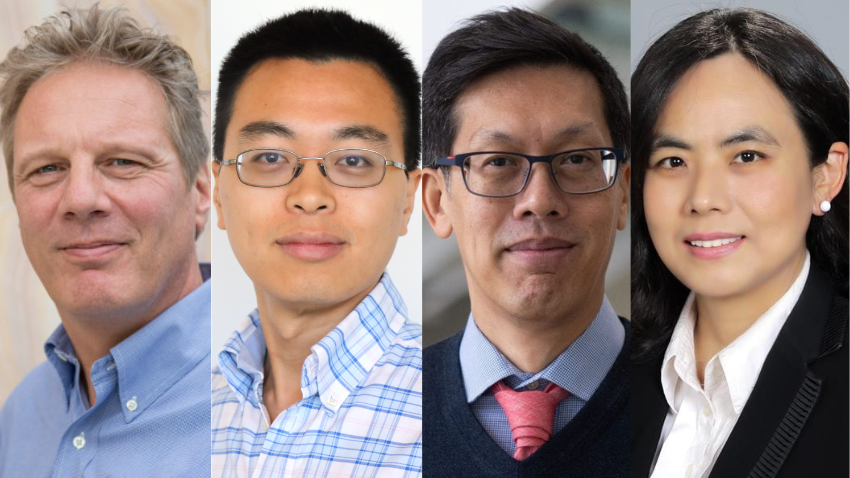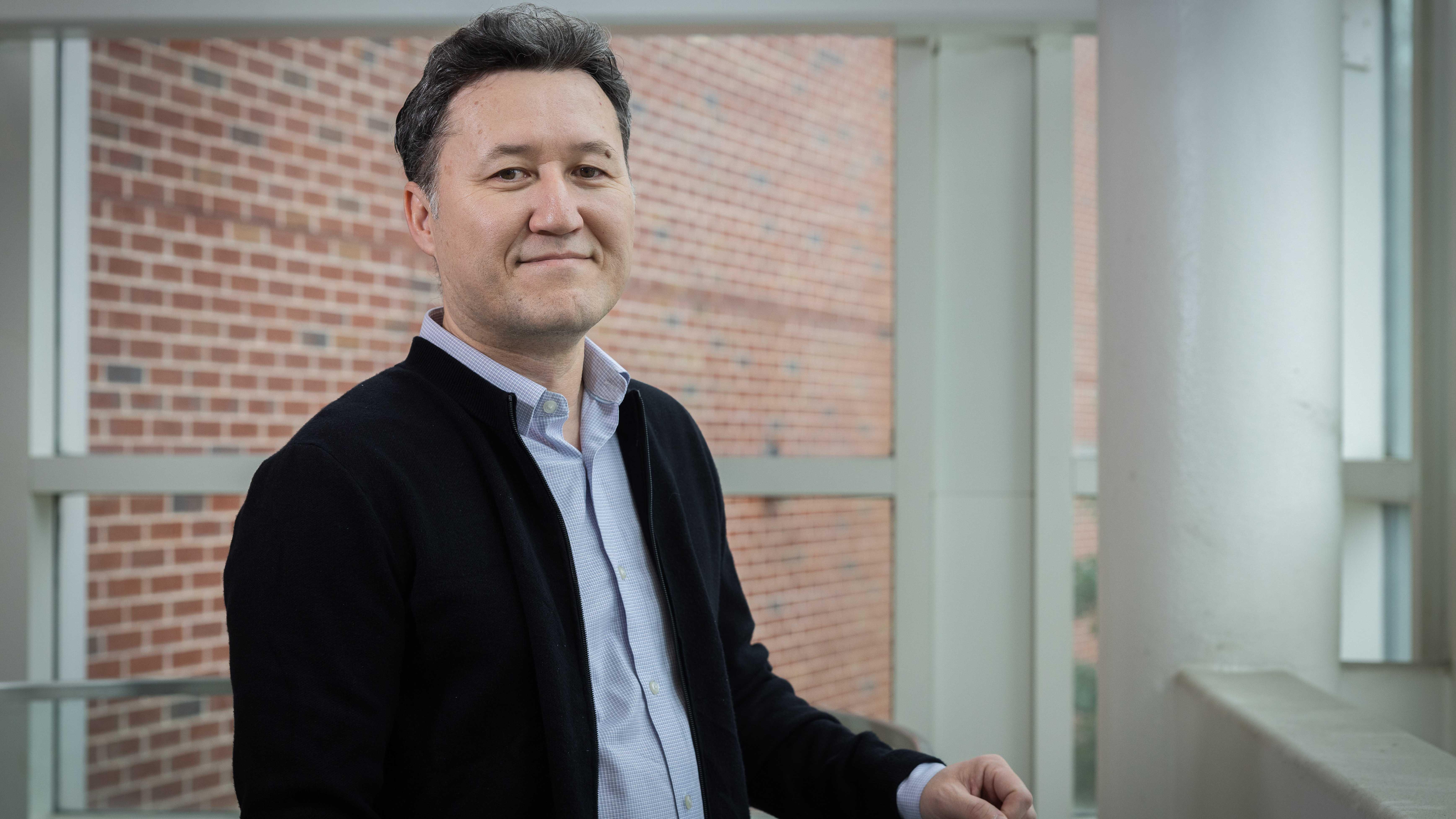
New Research Will Move Us Closer to a Passwordless Society
Although they are currently essential to online security and privacy, the days of relying on password protection may be numbered, thanks to Assistant Professor Frank Li and his National Science Foundation (NSF) CAREER Award project.
While passwords have security limitations and can be challenging to use, emerging technologies such as Fast IDentity Online 2 (FIDO2) and other passkey authentication methods provide strong security and usability. For example, if you have ever used your smartphone’s facial recognition feature to log in to your bank account instead of typing out the password, you have used a FIDO2 passkey.

Users and online services, however, have been slow to adopt the new technology despite the benefits. Li’s NSF CAREER Award project addresses this challenge. Along with advancing the technology, Li will also advocate for its use.
“We are not assuming that this technology is coming,” said Li. “It is already here. The challenge is to get people to use this technology.”
This up-and-coming technology has been part of Li’s research for some time. His prior work provided a new security analysis of the FIDO2 authentication protocol, which includes passkeys.
Li’s CAREER project will investigate real-world uses of FIDO2/passkeys and security and usability issues that can arise. A goal of his research is to identify and resolve problems before they become widespread and more difficult to address.
“There’s still a lot to do when it comes to authentication research, and there’s even more to be done with passkeys,” he said.
“Online authentication is a core function needed for online security. Making any changes to it will have huge implications. For example, accounts that send spam and phishing attacks are often accounts with compromised passwords. A passwordless future will reduce that threat.”
The final component of Li’s CAREER Award is an educational outreach program. The NSF wants researchers to inspire the next generation of scientists as a part of their projects. Li plans to reach out to Atlanta high schools and engage their computer science programs.
NSF CAREER Awards are prestigious federal grants given to early career academic faculty and are widely recognized as a career defining moment. Li’s project will be conducted in the School of Cybersecurity and Privacy as well as the School of Electrical and Computer Engineering.


